NT government moves on alcohol bans amid Alice Springs crime crisis, why it’s not enough
Booze bans have been reinstated, trespass laws introduced and a quarter of a billion dollars pledged, but advocates say it will do little to address decades-long disadvantage.
News
Don't miss out on the headlines from News. Followed categories will be added to My News.
There is no doubt alcohol is a contributing factor to the devastating crime crisis gripping Alice Springs.
But restricting access to booze is only a small part of the solution.
Legislation passed by the NT government on urgency this month only affects about 7000 people because a further 36,000 Territorians automatically reverted to dry status under pre-existing restrictions when the Stronger Futures Act expired in July.
The Territory’s grog supply measures that have existed long before Central Australia’s issues are widely described as world-leading.
As the newly-appointed Central Australian regional controller Dorelle Anderson pointed out, the NT is the only jurisdiction in the southern hemisphere to have a minimum unit floor price and police auxiliary officers outside bottle shops.
The Territory is also the only place in Australia to have a jurisdiction-wide banned drinkers register, which prevents more than 3600 people from buying takeaway alcohol.
Further restrictions on takeaway alcohol announced in January and the return of blanket alcohol bans to some communities this month did not come as a shock to locals.
But despite those long-standing measures, Alice Springs became the subject of a national media firestorm for its escalating issues of alcohol-fuelled harm, domestic violence and property crime.
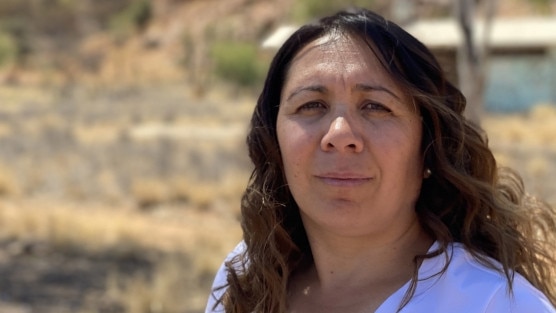
“We cannot continue to accept the levels of domestic and family violence leading to assaults on women who are presenting with horrific facial injuries, broken bones, fractured skulls and in some tragic situations, even death,” Ms Anderson said in a snap report Prime Minister Anthony Albanese ordered.
“The children who have been spoken to have unanimously voiced their hatred of alcohol and the harm it inflicts on their families,” she wrote.
“Their simple aspirations are to live in a ‘normal place’, have jobs when they are older and be able to support their families with basic needs.”
Ms Anderson’s scathing report was one of many voices that heavily influenced the Territory government to reinstate booze bans in communities and town camps.
Faced with mounting political and public pressure, Chief Minister Natasha Fyles implemented restrictions not unlike what she previously described as “race-based policy”.
But the new laws only affect about 7000 people.
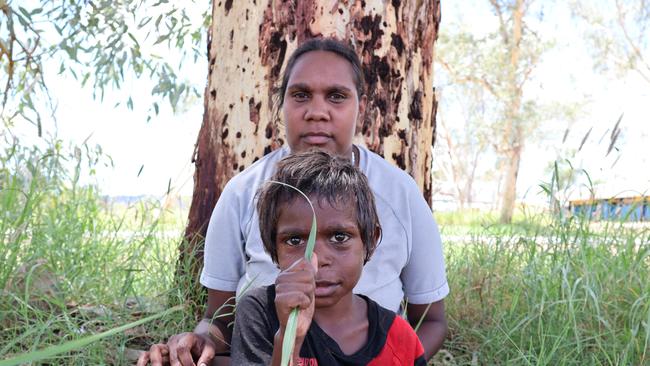
“For reference, approximately 36,000 Territorians automatically reverted to dry status under a pre-existing general restricted area after the Stronger Futures Act expired (in July),” Ms Anderson said in her report.
“Approximately 7000 experienced change to restrictions.”
That means the vast majority of remote Aboriginal Territorians have continued to live in dry communities before and after the lapse of 15-year Intervention-era bans, as well as after new legislation passed this month.
So the Territory’s biggest move to date effectively concerns just 7000 people.
Moreover, questions that Territorians and parts of the nation have been grappling with remain.
What does a future Alice Springs and remote Australia look like? And how do we see long-term generational change?
“History shows that only addressing alcohol is a temporary solution to a complex, multifaceted, deep-rooted issue,” Ms Anderson wrote in her report.
“These are deeply-rooted disparities, persisting across generations.
“Decades of action to end them have made some meaningful progress, but the gap well and truly remains – and on some measures is worsening.”
Ms Anderson made two clear recommendations – to prohibit grog in the communities of those 7000 people with a “clear path forward” on adopting alcohol management plans, and for the commonwealth and Territory governments to work together to deliver “needs-based funding”.
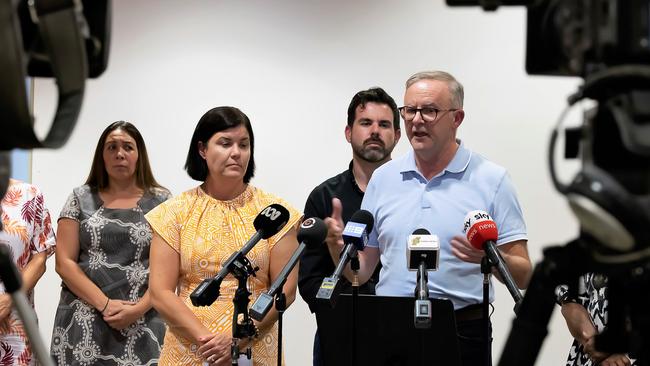
The first of those was acted upon in Territory parliament this month under urgent legislation.
While the pathway beyond the new bans is still being drafted, communities will need 60 per cent of its residents and the director-general of licensing to approve the return of alcohol, with a locally-tailored plan to determine what that looks like.
As for the second recommendation, Ms Anderson pointed to housing, health, childcare, education and training as five key areas requiring more investment.
The federal government responded with a $250m package for Central Australia, designed to target youth diversion, job creation and better health services – including for victims of foetal alcohol spectrum disorders.
Domestic violence services and on-country learning are another two areas the money is expected to funnel into.
But exactly how and when those funds will hit the ground, like a lot of government spending, remains unclear.
Michael Liddle, an Alice Springs councillor and Alyawarre man, said he was not interested in political announcements.
He said it was too early to tell whether the new alcohol bans – which cover all but one of Alice Springs’ 18 town camps – had had an impact, and there was a lack of understanding among residents as to what had changed.
“Money has been dropped for years,” Mr Liddle said.
“We can provide all the programs and money that’s around but if people don’t want to follow rules, they don’t want to follow rules.
“There are black fella rules and white fella rules and at this time we’re not following any rules, we’re stuck in the middle, making a mess.”
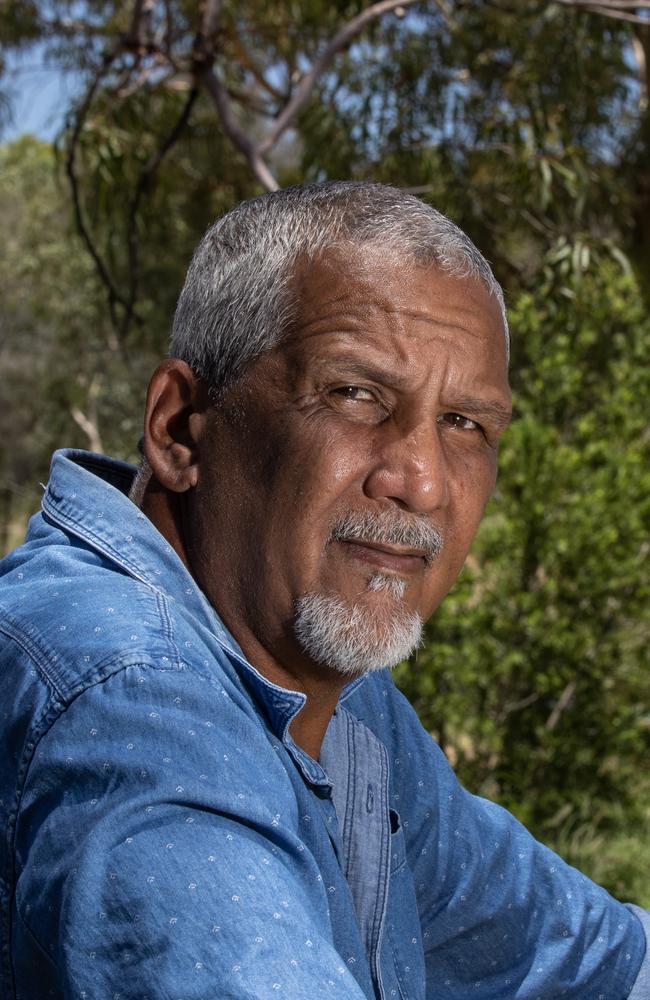
Mr Liddle runs a workshop for Aboriginal men, Codes 4 Life, which aims to curb unlawful behaviour stemming from alcohol and substance abuse.
He said each monthly discussion attracted about 30 to 40 men, many of whom had been caught in a cycle of reoffending.
“It’s about understanding those two sets of rules and why they are necessary to protect the community,” Mr Liddle said.
“If we don’t follow them we end up in places like rehab, juvenile and correctional centres, always looking over our shoulder at the policeman because of fear of not following the rules.”
Other Indigenous leaders have called for further federal commitment on addressing “a legacy of failed approaches”.
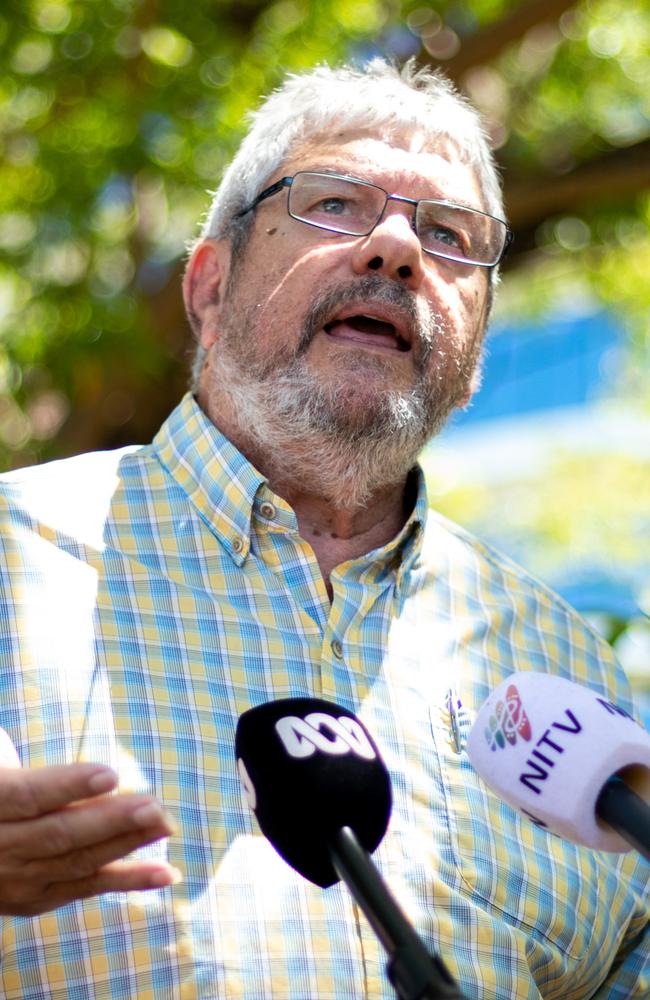
Aboriginal Medical Alliance NT chief executive and Aboriginal Peak Organisations NT spokesman John Paterson said the time had come to put knee jerk responses to an end.
“What we need is for the commonwealth and Northern Territory governments to sit down with the organisations controlled by our communities and negotiate a formal agreement on new policies, programs and funding to improve outcomes for Aboriginal people right across the Territory,” Mr Paterson said.
“We also need governments and oppositions to stop thinking about Alice Springs in isolation.
“We need a whole of Territory response, one that sees the connection between regional towns, like Alice Springs, and our communities.”
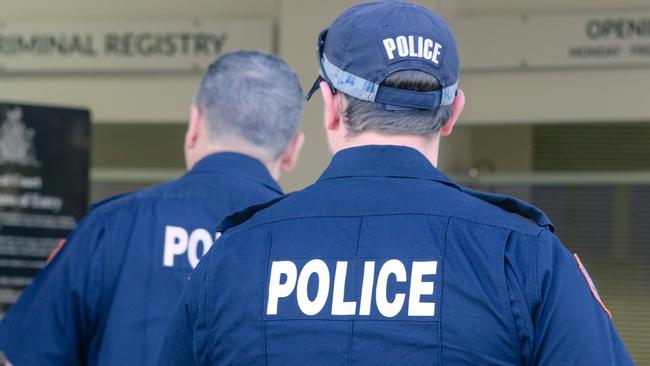
The Territory government moved to make other changes in its first parliament sittings of the year, largely around policing and anti-social behaviour.
Deliberately disarming a police officer was made an offence with a maximum prison sentence of six years.
Police Minster Kate Worden described the new law as the “first of its kind in Australia” and one that would support “the important role played by our police members every day”.
It comes on the back of a deteriorating relationship between the government and the NT Police Association, with the union criticising the government for resourcing shortages and dragging the chain on both a pay rise offer and better mental health support for officers.
The government also introduced reforms to trespass laws, expected to pass in the March sittings.
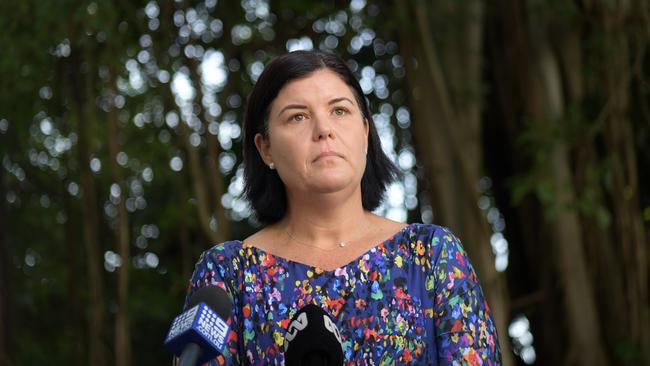
Chief Minister Natasha Fyles said the new legislation would make it easier for shop owners to delegate authority to employees, security and police to issue trespass notices on their behalf.
“If people are loitering, (if there’s) anti-social behaviour, behaviour that’s risky, before it becomes criminal it will be easier for shop owners and police to trespass someone,” she said on ABC Radio on Tuesday.
“(The behaviour) has to be unacceptable, it has to be causing offence, it has to be dangerous in some manner.
“It’s when they breach that trespass that an offence can possibly be undertaken.”
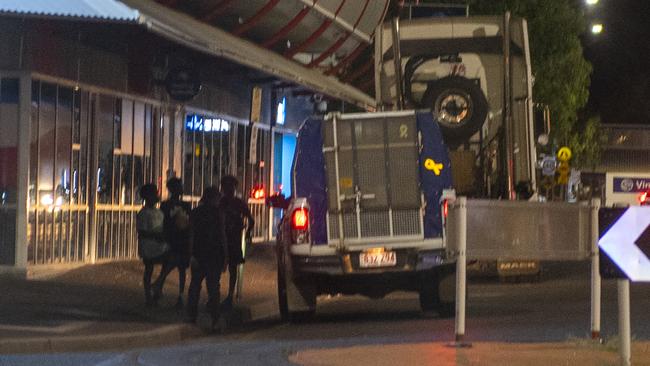
It comes on the back of strong advocacy by the unions representing both business owners and shop employees, the latter of which reported 85 per cent of its members dealt with an abusive patron in the past year.
However the government also voted down an Opposition-led move to establish a parliamentary committee to oversee not only the $250m lifeline thrown to Alice Springs, but all federal funding on Aboriginal outcomes.
It would have been formed by three Labor, two Country Liberal Party members and one independent member.
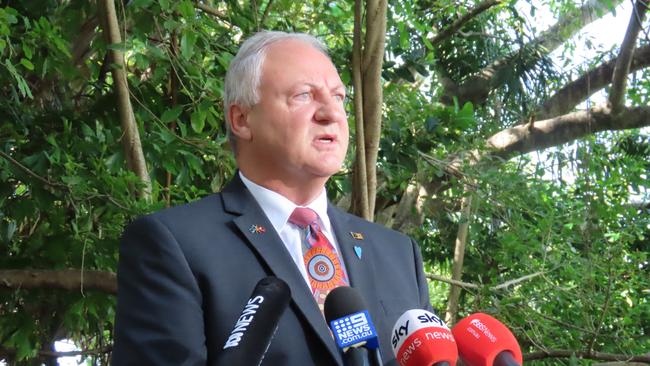
“Every year over a billion dollars worth of commonwealth taxpayer money is spent in Central Australia and the Barkly,” CLP member Steve Edgington said.
“However, we have no transparency over how that money is spent by the Territory government.
“We need an immediate audit of all government spending in Central Australia to figure out how much has been spent and where – what is working and what is not working.
“Until we do that any additional spending will just be wasted.”
NT Aboriginal Affairs Minister Selena Uibo said there was already ample accountability on government spending.
“It will tell us nothing that we don’t already know, that isn’t already publicly available,” she said.
“The existence of such an inquiry would be a hindrance rather than moving the Territory forward.”
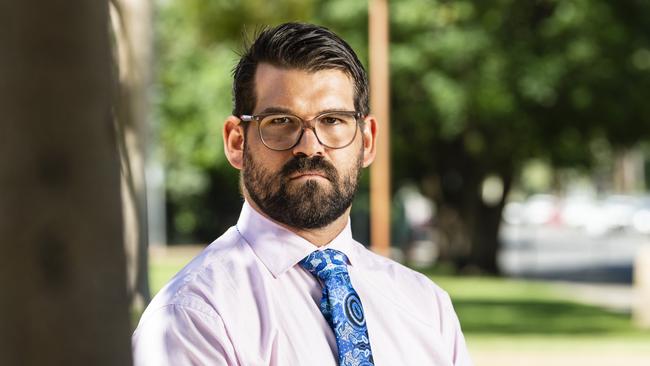
Like his fellow councillor, Alice Springs mayor Matt Paterson said it was too early to tell how the new alcohol bans over 17 town camps had impacted residents.
“It’s quieter in town now but it’s not perfect,” Mr Paterson said.
“I’ve always said we’re faced with two problems – alcohol and youth crime.
“The alcohol has slowed down but we’re still seeing break and enters on businesses.
“We’re supportive of the federal government money, we still need as many resources as possible on the ground.
“I’m still hopeful things are going to get better.”




